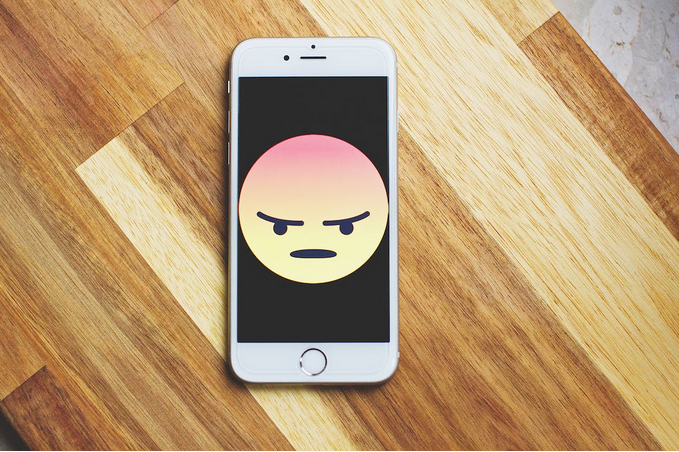
It’s always possible that your beloved device has fallen victim to a hacker’s cunning tactics. But how? Well, in today’s digital age, where our smartphones have become an extension of ourselves, the thought of someone infiltrating our personal space is downright unsettling. But it can be whole another different story if you learn ethical hacking here.
So folks, fear not as we’ll walk you through some glaring signs that indicate your mobile phone may have been hacked and provide you with actionable steps on what to do if you find yourself in this unfortunate predicament.
An Overall Spike in Data Usage

If you find yourself constantly exceeding your monthly data limit or receiving unusually high bills from your service provider, it’s worth investigating further. Hackers may exploit vulnerabilities in your phone’s operating system, constantly upload information in your phone to their server in real time, or install malicious apps that basically use up your precious data behind the scenes.
So how can you identify if an overall spike in data usage is due to hacking? Start by checking which apps are consuming most of your data. If unfamiliar applications appear at the top of the list or consume excessive amounts of data even when not actively used, it could indicate unauthorized activity on your device.
Spammy Pop-Ups
While these pop-ups can be annoying in general, they could also indicate a potential hacking attempt on your mobile phone. So, how do you know if the pop-ups on your phone are more than just an annoyance? Well, one telltale sign is if these pop-ups start appearing frequently and at random times, even when you’re not using any apps or browsing the internet.
These intrusive messages often contain deceptive links or prompts to download questionable apps – it’s best not to interact with them! Another red flag is when the content of the pop-up itself seems suspicious or too good to be true. Scammers often use enticing offers or fake prizes as bait to trick unsuspecting users into clicking on their malicious links. Remember, if something sounds too good to be true, it probably is/
New Weird Apps Appearing on Your Screen
Your mobile phone is a personal and private device. So, when strange apps start showing up out of nowhere, it’s definitely cause for concern. It’s like having uninvited guests in your home – you want them gone ASAP. But what exactly are these weird apps? Well, they could be anything from sketchy games to shady utility tools.
They might even mimic popular apps to deceive you into downloading them. Regardless of their form, the appearance of these unfamiliar apps should set off alarm bells. One possible explanation for this phenomenon is that your phone has been compromised by a hacker. These cybercriminals can remotely install malicious software onto your device without your knowledge or consent. Once installed, these rogue apps can wreak havoc on your privacy and security.
Unusual Activity With Your Accounts
 If you start receiving emails or messages from friends claiming that you’ve sent them strange links or spam, it’s time to take action. Hackers often use compromised devices to spread malware or phishing scams through unsuspecting users’ contact lists. Also, see if you suddenly find yourself locked out of your social media or email accounts, even though you’re confident you entered the correct credentials.
If you start receiving emails or messages from friends claiming that you’ve sent them strange links or spam, it’s time to take action. Hackers often use compromised devices to spread malware or phishing scams through unsuspecting users’ contact lists. Also, see if you suddenly find yourself locked out of your social media or email accounts, even though you’re confident you entered the correct credentials.
This could mean that someone else now has control over your accounts and is attempting to change passwords or gain unauthorized access. Moreover, keep an eye out for any suspicious account activities, such as unrecognized login attempts or changes in account settings without your knowledge. These can include alterations to privacy settings, profile information, or email forwarding rules.
So, if you notice these signs happening to your app library or suspicious icons appearing on your home screen, don’t just brush it off as a glitch. Take action immediately. Run a thorough scan with reliable antivirus software to identify and remove any potential threats. In addition to scanning for malware and removing suspicious apps, consider changing all of your passwords.
